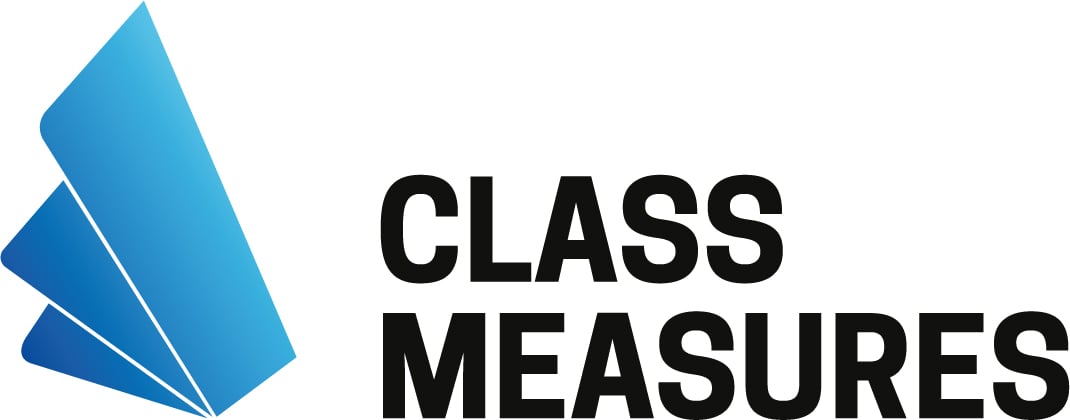As the pressure for tighter authorizer accountability increases, the call for charter schools to prove their worth grows year on year. Whether the objective is to celebrate growth and success, or to identify areas where focus on improvement is needed, an external review allows an organization to demonstrate objectively a focus on securing sustainability in a very competitive, and sometimes challenging education arena.
1. External reviews have been proven to drive up school improvement and increase accountability in school systems across the world for almost 25 years.
Through the identification of strengths and areas for growth, leaders are able to focus on priority strategies that increase the productivity and success of day to day work. Class Measures has conducted over 2000 review across the US. Our work has enabled low performing charter schools to achieve reauthorization goals, and supported some of the best performing schools in the country to sustain high levels of success.
2. External reviews enable school communities to gain an up to date and objective evaluation of their school.
Class Measures' highly-skilled and very relevantly experienced reviewers support the unbiased and authentic assessment of a school’s effectiveness. Using an agreed rubric to make consistent judgements, reviewers make expert use of tangible evidence to draw conclusions. The connected collections of real time evidence is vitally important to a school’s full understanding of its current context.
3. Reviews are valuable at any stage of a charter school’s development, but they are particularly useful in the second year, or the year prior to reauthorization.
In the early years of charter establishment, an external review is extremely useful to assess indicators of program potential that allows leaders to place emphasis and effort where it is most appropriate. Reviews can also provide a mid-term health-check, or can serve as a preview to a renewal visit, giving you confidence in your charter renewal.
4. Reports produced as part of the review process provide useful information for your staff, policymakers and parents -
highlighting both the strengths and areas for growth at your school. Recommendations are made for areas that could be improved, with practical suggestions to eliminate weaknesses and improve the quality of your provision
5. Reviews can be tailored to a school’s needs, to identify and generate data on a much broader range of school activities and educational outcomes than just the performance of test scores.
For example, if a school’s charter focus is built around character development, review measures can be devised to assess the development of students’ good citizenship, healthy interpersonal relationships and personal fulfilment. A tailored review can provide a more rounded, holistic assessment of your school’s vision for success and impact of the school’s mission on student outcomes.
6. Identify and verify additional resources required to hit school improvement goals.
Schools are only held accountable for the practices under their control during a review. This process helps schools inform the business case to authorizers and Charter Management Organizations for additional resources required for improvement. Reviews can also be used to measure the quality of support and oversight provided by charter school authorizers and the impact made by Charter Management Organizations.
7. Produce evidence-based school improvement goals.
Once a successful renewal process is complete, charter school authorizers can use findings from a school review to agree new goals based on recent evidence to ensure continued, targeted and effective school improvement, and the best education for your students.
8. External reviews enable your school to be responsive to local and global contexts;
they identify gaps that may mirror or contradict latest research, so that schools can stay relevant and viable. In the last year, many school reviews carried out by Class Measures have focused on issues of equity and equality in opportunity and the implementation of culturally relevant practices. Our reviewers are selected for their expertise in current educational research that serves to accredit or improve the school’s work in trending and pertinent matters that impact student learning.



